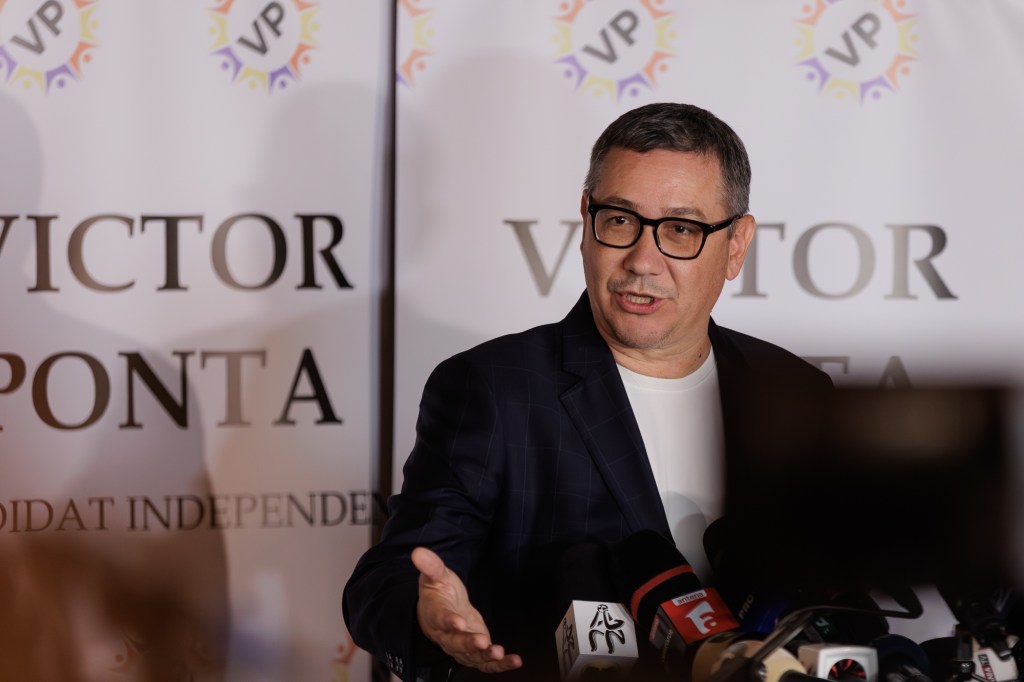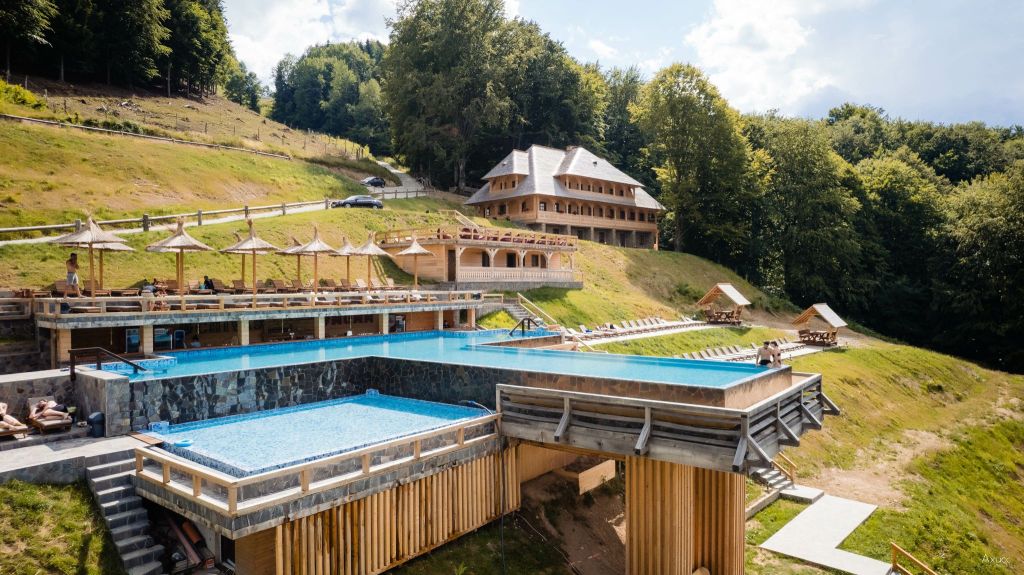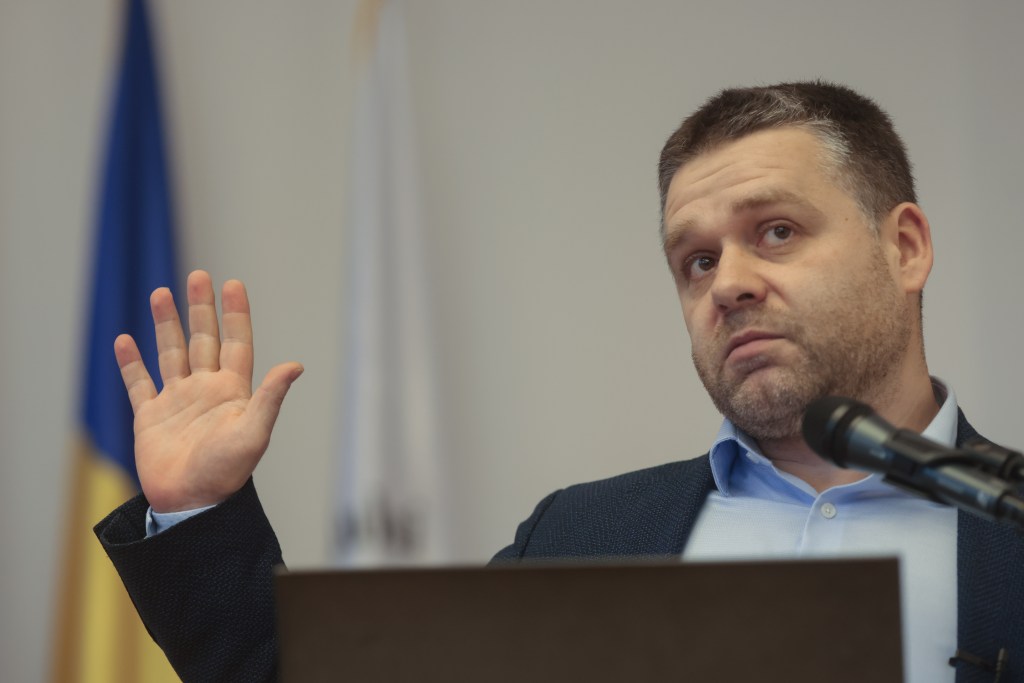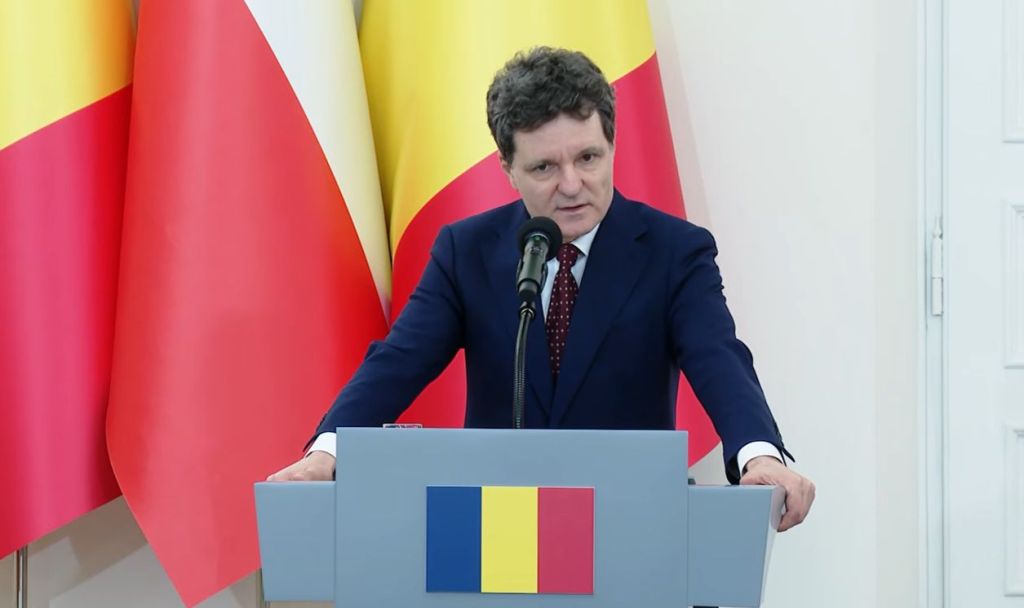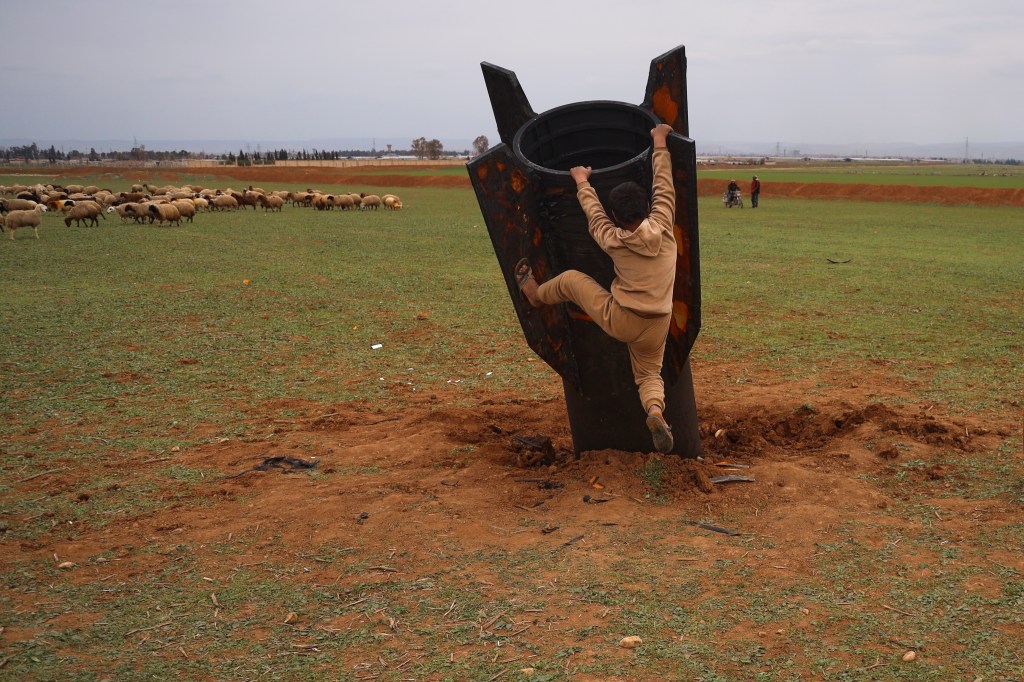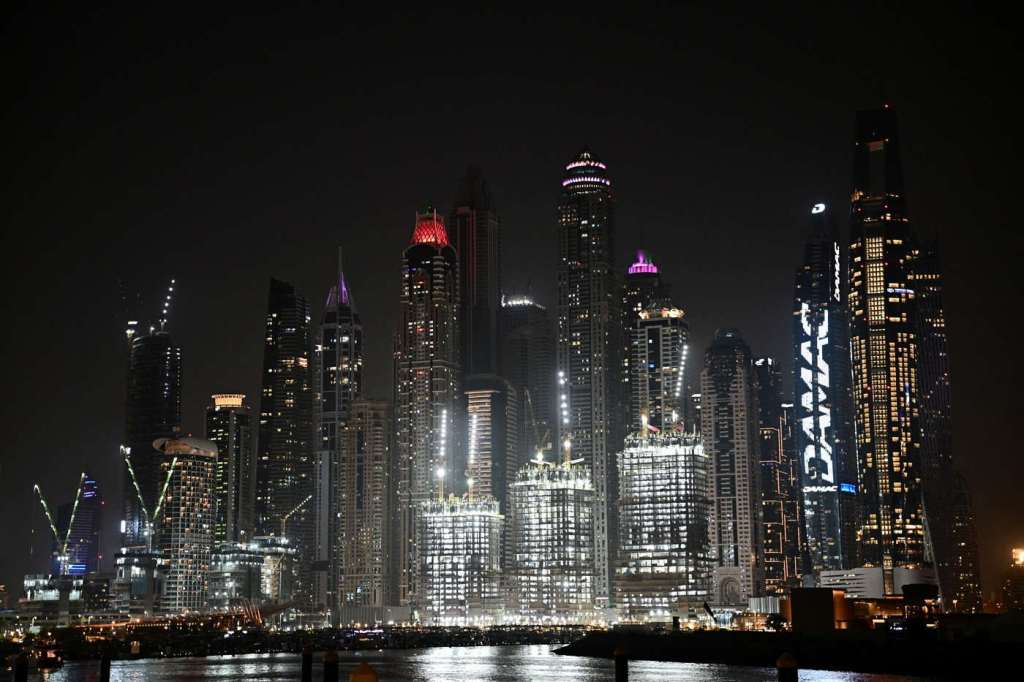Hungary will soon sign an agreement that will allow it to import 4 billion cubic meters of natural gas from Romania annually for the next 15 years, Hungarian Prime Minister Viktor Orban announced last week. It is, in fact, an agreement on the use of the future gas pipeline BRUA, which does not guarantee that the entire quantity of 4 billion cubic meters of gas will be exported to Hungary. Once Romania is linked to the West European market via Hungary – Austria, the Romanian gas will be bought by the consumer who will provide the best conditions.
According to information provided by Romanian company Transgaz, at the request of HotNews.ro, the first successful bidding round was held to reserve a gas transport capacity of approximately 3.73 billion m3 / year, through the BRUA pipeline, for the period 2022-2037. Another 10% of capacity would be offered later.
It should be noted that the bids were organized between December 2017 and January 2018 by the Romanian and Hungarian gas transmission companies (Transgaz and FGSZ) both on the export and the import side.
Orban said three companies from Hungary have won a bid in Romania. It did not specify what companies are involved.
HotNews.ro asked Transgaz, the Romanian company involved in the bidding, to specify the winning companies, both for the reservation of the transport capacity in the direction of Romania-Hungary, as well as for Hungary. Transgaz claims it to be confidential information. „According to the Open Scheduled Procedure Manual, any data, information or notices drafted and transmitted by Applicants and Offerors in the context of Employee Open Procedure are considered to be confidential and will be used exclusively in the assessment process of the Employee Open Season Procedure and shall not be disclosed to any third party without the written consent of the Applicant / Tenderer,” Transgaz has stated.
„In a very short time we will sign an agreement, which will allow us for the next 15 years to import over 4 billion cubic meters of gas from Romania,” Orban said. That would mean almost half of Hungary’s consumption per year.
However, the bidding procedure is not yet complete, with just one round in the books. Winners of the bid may exercise their withdrawal until December 14, 2018. If the winners are not withdrawn, the procedure is successful and the contracts concluded after the first round of bidding remain applicable. If one or more of the winners of the first round exert their right of withdrawal, and thus the economic test becomes negative, Transgaz and FGSZ will hold a new round that will end with a new economic test. If the test is positive, the procedure is completed by concluding capacity contracts with the winners of this round. Instead, if the new economic test is negative, the process ends without allocation of capacity and the contracts originally signed are canceled.
On the other hand, it is true that the first round ended successfully, being over-subscribed for each gas year. According to a report made public on the Transgaz website, Romania-Hungary, the capacity reservation percentage is between 339% and 531%.On the direction Hungary-Romania, the reservation rate is just over 100% in the first eight years and 68% in the next seven years. Thus, after the first round, the economic tests were successfully passed.
„The HUB is primarily a meeting place for supply and demand, and ideally is meeting more physical gas flows through the related infrastructure. The gas hub is the place where transactions are freely, transparently and competitive market place, it is the place where a market really needs to operate. But a market besides specific mechanisms needs: trust from the ones that activate (suppliers, traders, etc.), a sufficient number of traders caliber (with important financial resources) to eliminate the possibility of influencing any kind of market, important gas flows and a predictable environment,” explains Dumitru Chisalita, a gas expert.
For many years, authorities have sold the illusion that Romania is the country of the region with the greatest potential to become a gas hub, focusing on the Black Sea reserves. Last year, former energy minister Toma Petcu said that „Romania can become a hub, an important player on the gas market, when the gas extracted from the Black Sea will enter the distribution system.”But while Romania discusses potential, Hungary is also acting, targeting the Black Sea gas. The first step was made in the summer of last year when it decided that BRUA (the Bulgaria-Romania-Hungary-Austria pipeline) would stop on its territory. Basically, he decided not to extend the pipeline to Austria, as was the original project, but to stop in Hungary, with the gas being diverted to other routes to Slovakia, Ukraine, Serbia and Croatia. For Romania, it was a blow because the pipeline to Austria would have meant diversification of gas sources, not just the export of gas from the Black Sea, as Vienna has already developed a gas hub. One important aspect to mention is that Transgaz has signed the contract to receive EUR 179.4 million from the EU for the Romanian BRUA section in Budapest, not Bucharest. The signing ceremony took place on September 9, 2016, in Budapest. Please note, however, that Hungary still committed to the BRUA project towards Austria in September 2017. Thus, at a meeting in Bucharest of the countries of the region plus the European Commission, the representative of the Hungarian government pledged to continue the BRUA pipeline to Austria at the maximum capacity (4.4 billion cubic meters). In other words, the Hungarian Government contradicted in September 2017, in an official document, a decision of the Hungarian operator in the summer. It remains to be seen if the pressures of Romania, Austria and the European Commission on Hungary to continue the BRUA project to Austria will yield results, or Hungary will continue to defy Brussels and its neighbors.
Now Hungary announces that it is making plans for the Black Sea gas. „The Romanian side has committed itself to constructing, by 2020, the compressors with which it will be able to deliver to Hungary 1,75 billion cubic meters of gas per year, respectively, by 2022 expanding the capacity so that the Hungarian side can be acquiring 4.4 billion cubic meters of gas a year from ExxonMobil and OMV, „the foreign minister said last week. Immediately, the Romanian Foreign Ministry contradicted the Hungarian Foreign Minister. „According to the European regulations, it can not be gas sources or infrastructure with exclusive dedication for a particular destination or a certain country,” the Romanian Foreign Ministry shows in a press release.
However, Hungary claims to develop the infrastructure needed for interconnections at larger capacities with neighboring countries. „The Hungarian government has made the decision to build the pipeline section missing between the gas distribution point in Budapest and Vecses near the capital. Since the Hungarian-Slovak connection will arrive at Vecses, Hungary builds virtually the portion that is missing from the North-South Gas Corridor, contributing to the fact that gas transportation will take place in Central Europe, not only in the East-West direction but also in the North-South direction, a very important aspect from the point of view of national security, „the Hungarian foreign minister explained.
Serbia already has interconnection, but it will be increased in the coming period, especially as Russian gas is to be transported through Turkish Stream. Bulgaria, Serbia and Hungary are countries that have joined the Russian project. We specify that Russia and Turkey signed an agreement in October 2016 on the construction of a pipeline to supply Russian gas to Europe via the Black Sea, bypassing Ukraine. Thus, the construction of Turkish Stream began. The Hungarian foreign minister said in July 2017 that it could be completed in 2019 and that it could deliver about 8 billion cubic meters per year to Hungary via Serbia.
Besides, there is a very strong relationship between Hungary and Serbia. Indeed, even in the past few days, a joint meeting of the governments of the two countries took place, during which Hungarian Prime Minister Viktor Orban handed over to his Serbian counterpart, Ana Brnabic, that Hungary will import 4 billion cubic meters of gas annually from Romania , and the Russian monopoly will cease.


